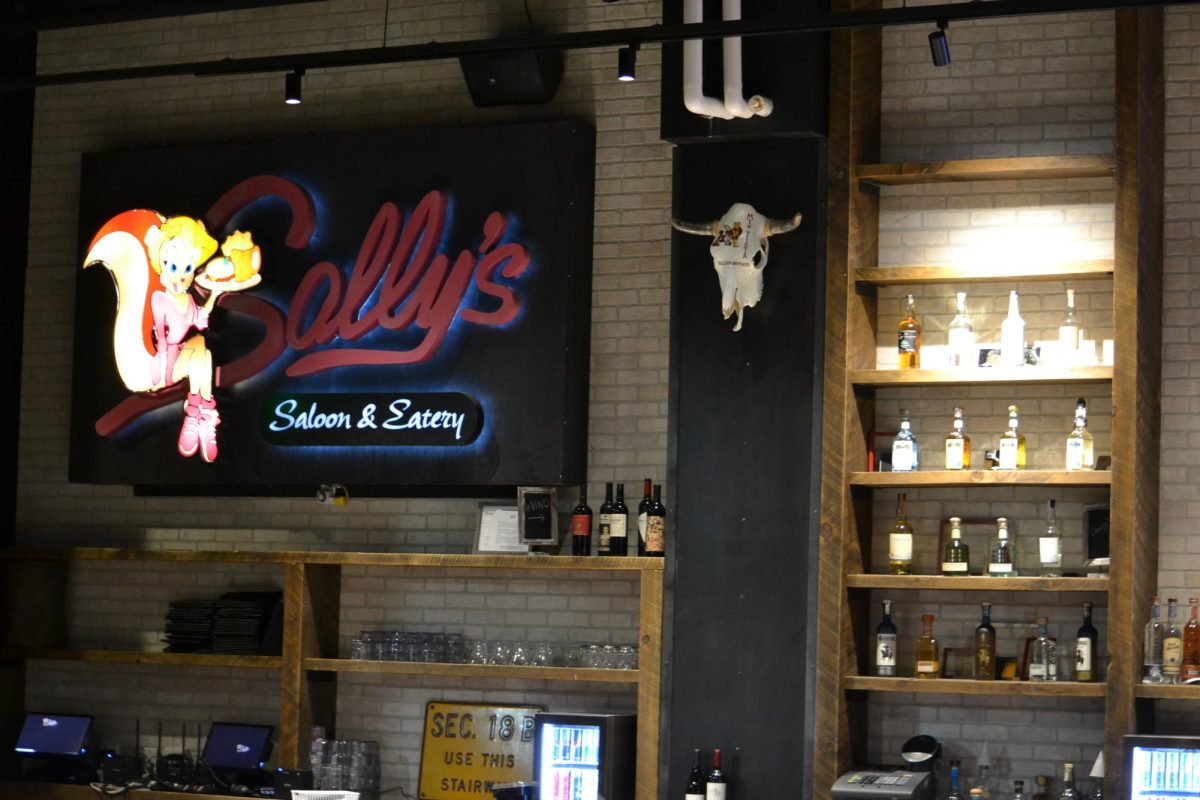A new grassroots student group hopes to fight corruption in government by changing the laws around political donations at the local and national levels.
The University of Minnesota chapter of the national campaign Represent.Us took root on campus this semester with the goal of ridding politics of corruption.
The group wants to push for stricter laws pertaining to special interest donations to political campaigns, the transparency of donor identity and more regulations for lobbyists.
Shoubhik Sinha, the chapter’s founder and adviser, said he watched a TED talk on the influence of money on democracy a few years ago.
“That was my first realization of just how screwed up American politics was and how the system wasn’t working and how much it favored cash,” Sinha said.
Represent.Us is a national campaign trying to gain support for the American Anti-Corruption Act, which would require more disclosures of political donations and limit some forms of campaign spending.
Tallahassee, Fla., was the first success for the campaign, as citizens passed an anti-corruption act with the help of a local Represent.Us chapter. That law
incentivized individual donations to campaigns and created an independent ethics board.
The University chapter wants to draft a similar referendum for Minneapolis and St. Paul. But writing a referendum and getting it on the ballot is not easy.
Sinha said the group would need to collect signatures from 8 percent of St. Paul’s voting population in the previous election cycle to get a referendum on the ballot in that city.
That would mean collecting about 7,000 signatures to get a measure on the 2015 ballot.
In Minneapolis, signatures don’t cut it. The City Council or a chartering committee needs to bring a referendum to the ballot, Sinha said.
Before the group can bring the initiatives to voters, it needs to build a coalition of student groups, local organizations, businesses and educators to discuss the issue of political corruption, said Adam Joseph, the group’s president.
Joseph said his group has approached members of the University’s College Democrats, the College Republicans, the Minnesota Public Interest Research Group and other organizations about its cause.
Sinha and Joseph went to an MPIRG meeting in late September to talk about the Represent.Us campaign and to collect petition signatures, said Mica Grimm, MPIRG’s University of Minnesota-Twin Cities campus organizer.
Post-election apathy and partisan boundaries present the biggest challenges to recruiting members now, Sinha said.
“You need to approach the Democrats like it’s a Democratic point of view, and you need to approach the Republicans like it’s a Republican point of view,” Joseph said.
Sinha said the University’s chapter has about 11 members, but interest is growing quickly.
Millions of dollars poured into Minnesota to finance campaigns this year. The super PAC Alliance for a Better Minnesota contributed more than $1.5 million in a campaign against Republican senatorial candidate Mike McFadden, according to the Center for Responsive Politics.
Hometown Freedom Action Network, another super PAC, spent nearly $350,000 this year to campaign against Sen. Al Franken, D-Minn., who defeated McFadden.
“It would be foolish to say that money didn’t factor into politics, because if that was true, there would be people who are from lower-middle-class or middle-class backgrounds running for elected positions more often,” Grim said.
Sinha and Joseph said they think the group won’t be able to get a referendum on Minneapolis or St. Paul ballots until 2017 or 2018. In the long term, the group would like to draft statewide legislation, Sinha said.
Grimm said she thinks Minnesota will be one of the first states to pass a law addressing corruption and donation reform.
“[Campaign finance reform] would be more likely to pass here than a lot of other places,” Grimm said. “That could strengthen the movement nationally.”














